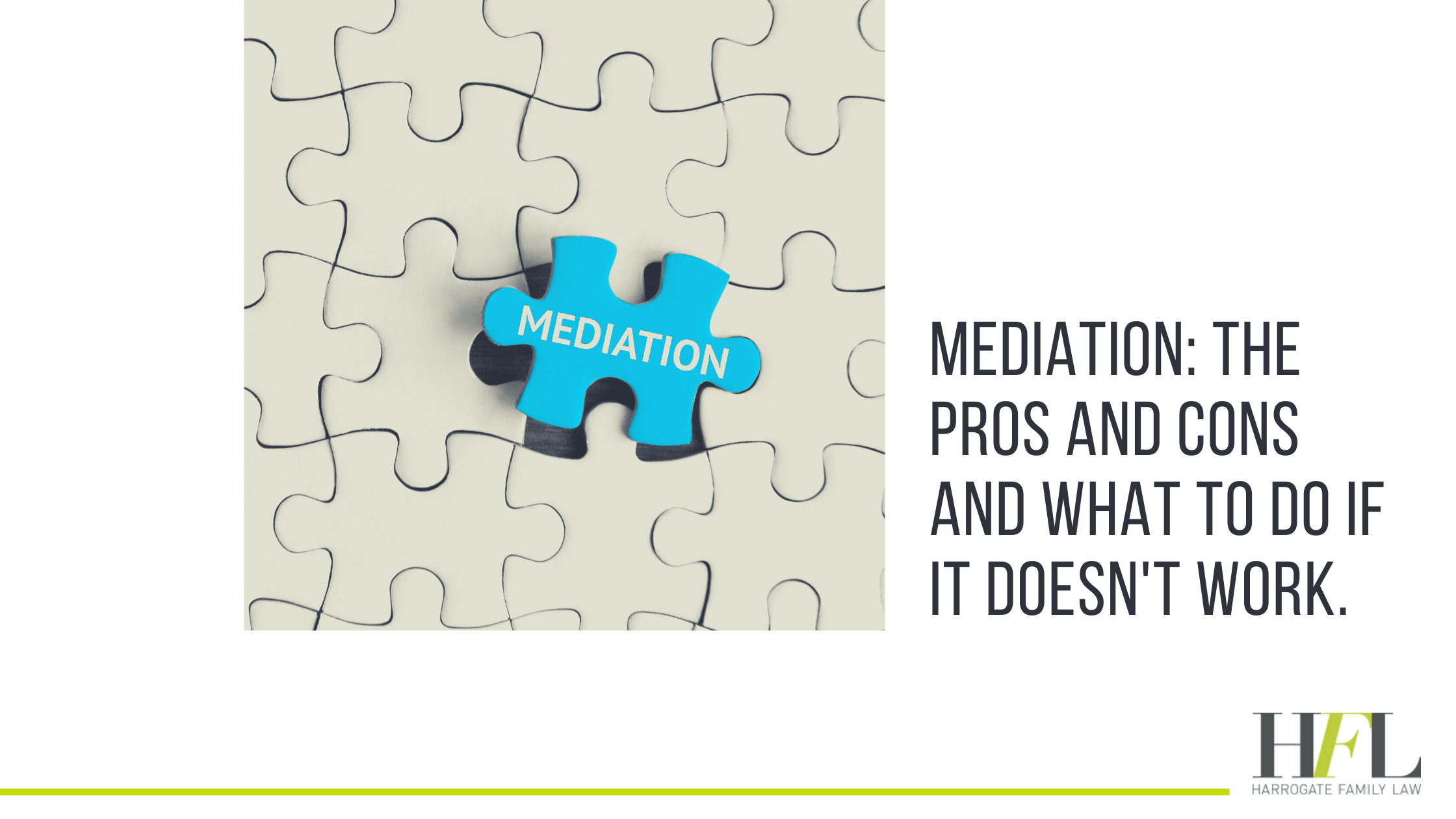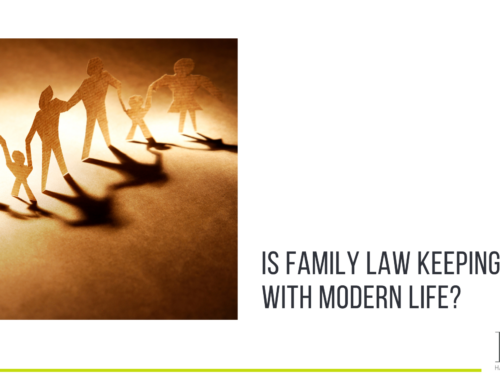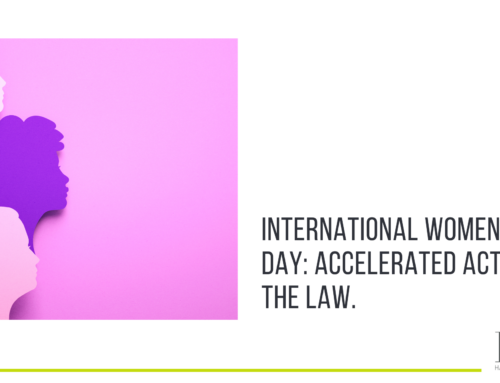Family mediation is one of the many options available to separated and divorcing couples as a constructive way to sort out their finances and/or the arrangements for any children.
Here we take a look at the pros and cons of mediation, and what to do when it doesn’t work.
Do I have to go to mediation?
In short, no. You and your ex may be able to agree how to divide your assets yourself. You would then need a solicitor to assist you with making that agreement legally binding so that neither of you can change your mind and try to get more.
You and your ex may prefer to use solicitors to negotiate an agreement about the finances and make it legally binding. This option might be preferred if you don’t feel you would have equal bargaining power. You might be worried that you don’t understand the finances. You might have been subject to abuse or coercive control during your relationship and be fearful that your ex might try to manipulate you into agreeing to something that isn’t fair. You may be struggling with the emotional side of the breakdown of the marriage and not feel in the best place to be making key decisions about your future.
If you have tried to sort out the finances either directly with your ex or via solicitor negotiations and haven’t been able to reach an agreement, an application to the court might be the only way to make progress. In that case, you’ll need to evidence that you’ve considered mediation by attending a meeting alone with the mediator to find out more about it, or evidence that you are exempt from doing so (for example if you’ve been a victim of domestic violence).
Aside from the above requirement, you can self-refer. This is something you might consider if you and your ex partner think that mediation could work for you, to help iron out the sticking points of your separation.
Mediation: the pros
A mediator is objective
A mediator’s primary role is to help you and your ex-partner communicate productively during your divorce or separation.
They’re completely objective, and won’t favour one side over the other. This can be a big factor when it comes to encouraging productive discussion between the people involved.
It can be quicker and cheaper
If mediation works, then it can be quicker and certainly more cost-effective. However, the success of the mediation largely depends on how cooperative and reasonable both you and your ex are, the complexity of the issues, and how soon it starts.
If the issues up for discussion are complex, then it follows that you’re likely to need a number of sessions, which then increases the costs. In these circumstances particularly, it’s always advisable to speak to a solicitor in the first instance, who can help you to navigate the process. There is little point incurring the cost of a mediation session if you don’t have all the information you need to make a decision about what you want.
A newly launched scheme has made funding available for those people who want to give mediation a try but can’t afford to do so. For example, if the differences between you and your ex-partner are about a child, you might be able to get a free voucher worth up to £500 to help with the cost of mediation.
Mediation: the cons.
Agreements made during mediation aren’t legally binding.
If you and your ex partner manage to come to an agreement during mediation, you’ll get a document showing what you agreed. But this agreement is not legally binding. The upshot of this is that if you or your ex partner change your mind about what was agreed, there’s nothing you can do to enforce it.
To make the document legally binding, you must get a solicitor to draft the provisions into what’s known as a consent order. This will be sent to court for the consideration of a judge. If the judge approves the order (it’s very unlikely that they wouldn’t), that makes it legally binding and therefore enforceable.
This is why even if you don’t use a solicitor during mediation, you should always have any proposed agreement checked by one. This will give you peace of mind that nothing has been missed and no mistakes have been made.
It’s not compulsory
If you’re willing to go to mediation and your partner isn’t, there’s not a lot you can do. You can’t force someone to attend. If they do attend, but don’t take it seriously, the mediation will likely prove unproductive, resulting in wasted time and money.
It can increase expense and cause further delay
If discussions are protracted, mediation can prove expensive and draw things out. And, if it doesn’t work, then you’re likely to have the costs of a solicitor negotiations or court proceedings as an addition.
That means you could be facing the burden of both mediation and solicitor costs, which becomes counterproductive in your aim to make your divorce as seamless and affordable as possible.
Before proposing or agreeing to mediation, ask yourself, is my ex likely to provide the information I want to see voluntarily and be reasonable in negotiations? If the answer is “no”, then be mindful that you could duplicate some of your legal costs by attempting it.
What to do if mediation doesn’t work for you
If mediation fails, then it’s best to consult a solicitor to fully explore your options for resolving the outstanding issues. Whilst in an ideal world going to court would be avoided, particularly when children are involved, this isn’t always possible. Sometimes starting court proceedings focuses both people’s minds and results in them resolving their differences without the need for a Judge to make a decision.
Harrogate Family Law can help
If you need expert legal advice for your divorce or separation, Harrogate Family Law can help. We can provide the expert guidance you need to ensure you’re making informed decisions that work for you.
Contact us today to find out more about how we can help.






